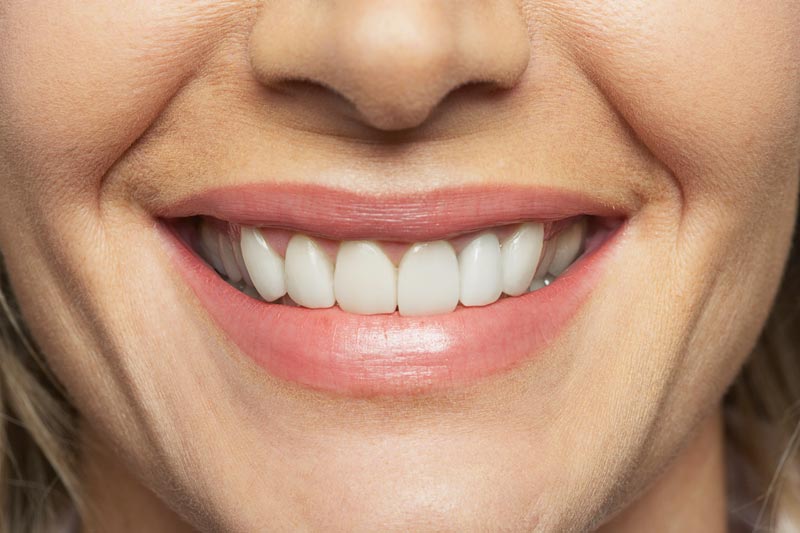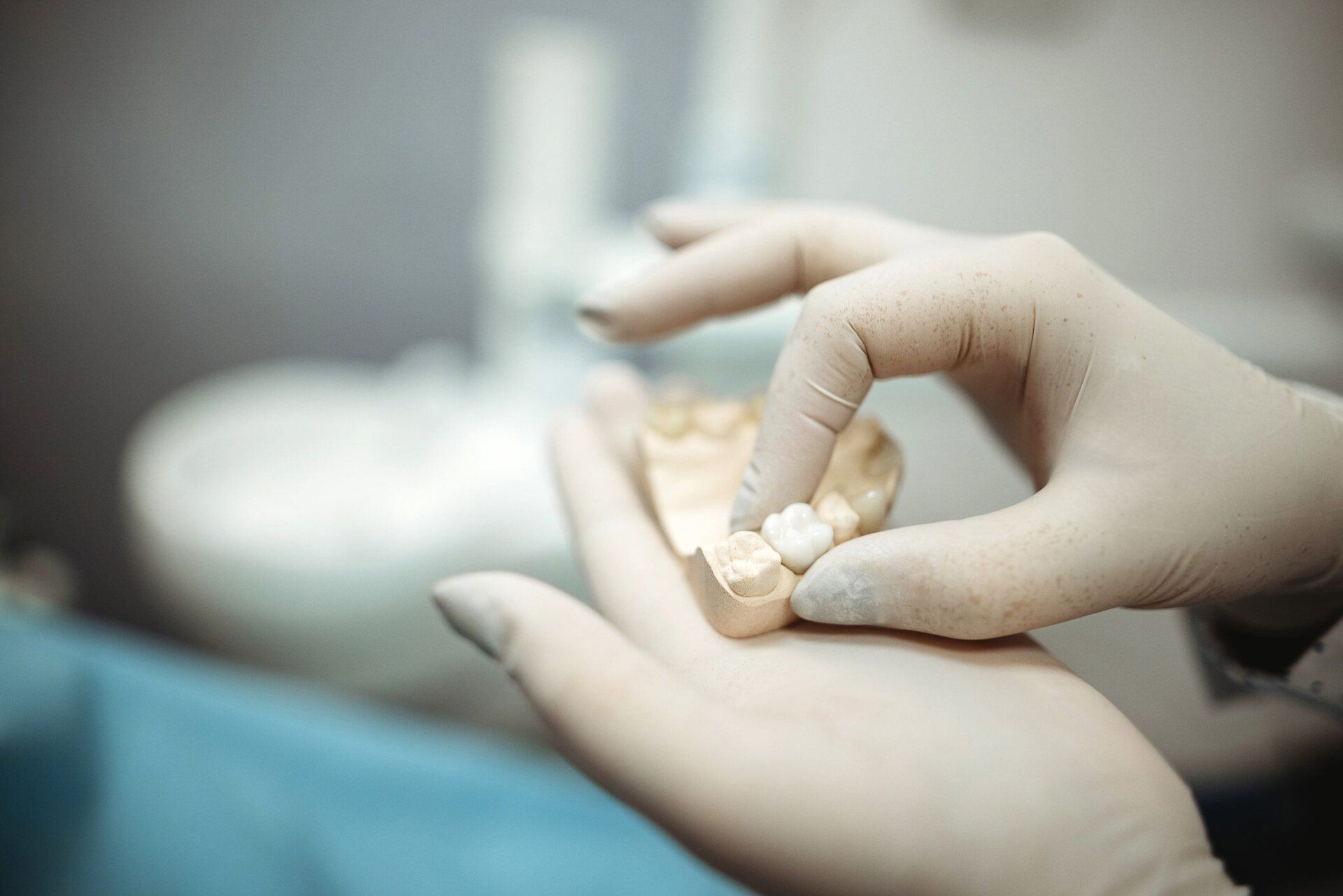The Dangers of Grinding Your Teeth

Teeth grinding, also known as bruxism, affects about 10 percent of people. This habit might be common, but that does not make it any less harmful to your oral health. The more often you grind your teeth, the more damage you can do. Whether you grind your teeth because of stress or boredom, it is best to quit the habit as soon as possible. Let's take a look at some of the dangers of teeth grinding.
Tooth Damage
If you constantly grind your teeth, you're likely causing significant damage to your teeth. Putting all that pressure on your teeth can wear down the enamel, which can flatten and loosen the teeth. With no enamel, your teeth can also become more susceptible to bacteria and experience decay.
Migraines
When you grind down on your teeth, it can cause tightness to the masseter and temporalis muscles. Because these muscles are connected to the fifth cranial nerve, they can lead to migraines. Migraines lead to several unpleasant symptoms, such as dizziness, nausea, sensitivity to light and throbbing pain in the head.
Jaw Pain
If you suffer from bruxism, you may also experience pain and soreness in your jaw in the morning. You may even experience this pain and discomfort throughout the entire rest of your day and have trouble opening and closing your mouth.
Tips for Stopping Teeth Grinding
Now that you are more aware of the harmful side effects of teeth grinding, you might have more motivation to quit. However, as with most habits, stopping teeth grinding can be quite difficult at first. Here are a few tips on how to quit this habit once and for all:
•
Learn how to manage your stress. Stress is one of the most common causes of bruxism. When you feel overwhelmed, you may use teeth grinding as a coping mechanism. Instead of doing this, try healthier stress reduction exercises, such as meditation or yoga. These activities can help calm your mind and make you feel less stressed. If you engage in these relaxation techniques when you feel stressed, you might not feel the need to grind your teeth anymore.
•
Avoid alcohol before bedtime. It is not a good idea to drink alcoholic beverages too close to bedtime because they can affect your quality of sleep. If you are not resting properly, you may be more likely to grind your teeth.
•
Relax your jaw. Another effective way to stop grinding your teeth is to relax your jaw muscles before you go to bed. Just place a damp washcloth over your jaw for a few minutes.
•
Correct a misaligned bite. If you have a misaligned bite, you may unintentionally grind your teeth. Consider making an appointment with your dentist and talking about correcting the issue. Your dentist may suggest several treatments for a misaligned bite, like braces or bridges.
•
Do not chew on non-food items. If you often chew on non-food items, such as pens or pencils, your jaw will get used to clamping. Avoid chewing on these items to help relax your jaw.
•
Get a custom mouth guard. If you are not able to stop grinding your teeth while you sleep, you may want to talk to your dentist about getting a custom mouth guard. This device fits comfortably into your mouth and can prevent you from clenching down on your teeth at night.
Teeth grinding is a harmful habit, but you have the power to stop it. If you want to learn more information about teeth grinding and its effects on your health, you may want to contact the professionals at New England Dental Health Services PC.






